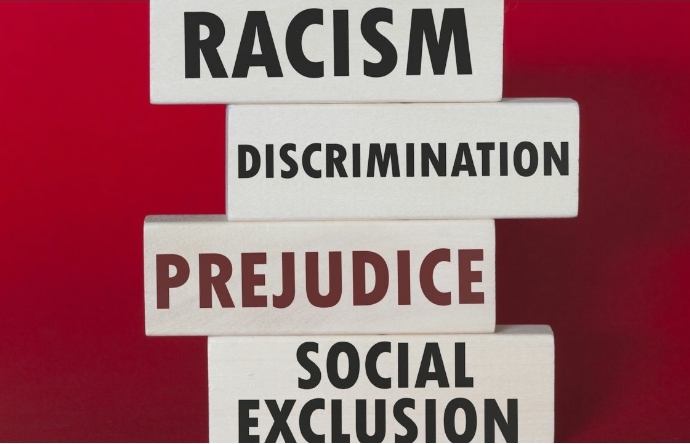
Racism is a harmful sign of a lack of psychological maturity and integration.
Racism has been—and unfortunately still is—such a prominent feature of so many human societies that it might be tempting to think of it as somehow “natural” or “innate.”
Indeed, this is the conclusion that some evolutionary psychologists have come to. Evolutionary psychology tries to account for present-day human traits in terms of the survival benefit they might have had to our ancestors. If a trait has survived and become prevalent, then the genes associated with it must have been “selected” by evolution.
According to this logic, racism is prevalent because it was beneficial for early human beings to deprive other groups of resources. It would have done our ancestors no good to be altruistic and allow other groups to share their resources; that would have just decreased their own chances of survival. But if they could subjugate and oppress other groups, this would increase their own access to resources.
In these terms, according to Pascal Boyer, racism is “a consequence of highly efficient economic strategies,” enabling us to “keep members of other groups in a lower-status position, with distinctly worse benefits.” Another related idea is that to see one’s own group as special or superior would have helped us to survive by enhancing group cohesion.
However, like so many of the “just so” stories put forward in the name of evolutionary psychology, these ideas are extremely dubious.
First of all, anthropologists who have studied contemporary hunter-gatherer tribes (who follow the same lifestyle as prehistoric human beings and can therefore be seen as representative of our species’ ancient past) report that they do not generally behave with this kind of hostility towards other groups. They do not tend to see other tribes in their vicinity as competitors for the same food sources and try to subjugate them or restrict their access to resources.
Contemporary hunter-gatherer groups are fairly fluid, with changing membership. Different groups interact with each other a lot, regularly visiting each other, making marriage alliances, and sometimes switching members. This is not the kind of behavior that we would associate with racism.
Significantly, hunter-gatherer groups do not tend to be territorial. They do not have a possessive attitude toward particular pieces of land or food resources. As the anthropologists Burch and Ellanna put it, “both social and spatial boundaries among hunter-gatherers are extremely flexible with regard to membership and geographic extent.”
There is archaeological evidence for this lack of concern for territory too. Anthropologist Jonathan Haas writes of prehistoric North America, for instance: “The archaeological record gives no evidence of territorial behavior on the part of any of these first hunters and gatherers. Rather, they seem to have developed an incredibly open network of communication and interaction that spread across the continent.”
Racism as a Psychological Defense Mechanism
An alternative view is that racism (and xenophobia of all kinds) does not have a genetic or evolutionary basis, but is primarily a psychological trait — more specifically, a psychological defense mechanism generated by feelings of insecurity and anxiety.
There is some evidence for this view from the psychological theory of “terror management.” Research has shown that when people are given reminders of their own mortality, they feel a sense of anxiety and insecurity, which they respond to by becoming more prone to status-seeking, materialism, greed, prejudice, and aggression. They are more likely to conform to culturally accepted attitudes and to identify with their national or ethnic groups.
According to Terror Management Theory, the motivation of these behaviors is to enhance one’s sense of significance or value in the face of death, or to gain a sense of security or belonging, as a way of protecting oneself against the threat of mortality. In my view, racism is a similar response to a more general sense of insignificance, unease, or inadequacy.
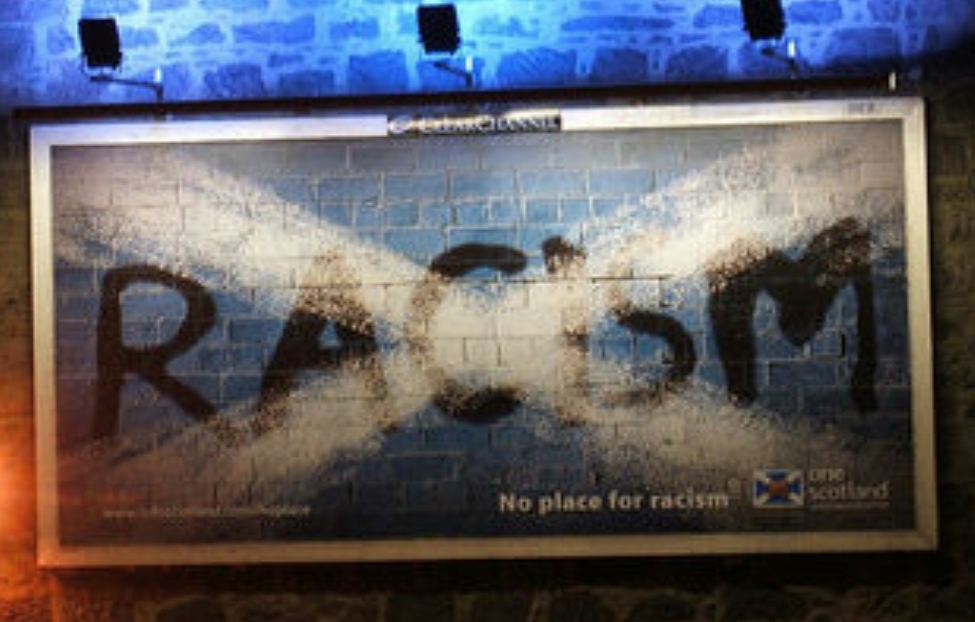
It is possible to identify five different aspects of racism as psychological defense mechanism. These could also be seen as different stages, moving towards more extreme versions of racism. Firstly, if a person feels insecure or lacking in identity, they may have a desire to affiliate themselves with a group in order to strengthen their sense of identity and find a sense of belonging.
There is nothing wrong with this in and of itself. Why shouldn’t we take pride in our national or religious identity (or even our identity as fans of soccer or baseball clubs), and feel a sense of brotherhood or sisterhood with others who share our identity? However, this group identity may lead to a second stage: enmity towards other groups.
In order to further strengthen their sense of identity, members of a group may develop hostile feelings toward other groups. The group may become more defined and cohesive in its otherness to — and in its conflict with — other groups.
The third aspect is when members of a group take the step of withdrawing empathy from members of other groups, limiting their concern and compassion to their fellows. They may act benevolently towards members of their own group, but be cruel and heartless to anyone outside it.
This is closely to related to a fourth aspect, which is the homogenization of individuals belonging to other groups. This means that people are no longer perceived in terms of their individual personalities or behavior, but in terms of generalized prejudices and assumptions about the group as a whole.
And finally — moving into the most dangerous and destructive extreme of racism — people may project their own psychological flaws and their own personal failings onto another group, as a strategy of avoiding responsibility and blame.
Other groups become scapegoats, and consequently are liable to punished, even attacked, or murdered, in revenge for their alleged crimes. Individuals with strong narcissistic and paranoid personality traits are especially prone to this strategy, since they are unable to admit to any personal faults, and are especially likely to demonize others.
A Correlation Between Racism and Psychological Ill Health
In other words, racism is a symptom of psychological ill-health. It is a sign of a lack of psychological integration, a lack of self-esteem and inner security. Psychologically healthy people with a stable sense of self and strong inner security are not racist, because they have no need to strengthen their sense of self through group identity. They have no need to define themselves in distinction to — and in conflict with — others.
Xenophobia is not the only possible response to insecurity or a sense of lacking, of course; taking drugs, drinking heavily, and becoming obsessively materialistic or ambitious may be other responses.
Psychologically healthy people do not need to resort to racism in the same way that they do not need to resort to taking drugs.
It is also helpful to remember that there is no biological basis for dividing the human race into distinct “races.” There are just groups of human beings — all of whom came from Africa originally — who developed slightly different physical characteristics over time as they traveled to, and adapted to, different climates and environments. The differences between us are very fuzzy and very superficial. Fundamentally, there are no races — just one human race.
Source: Gregor Maclennon/Flickr














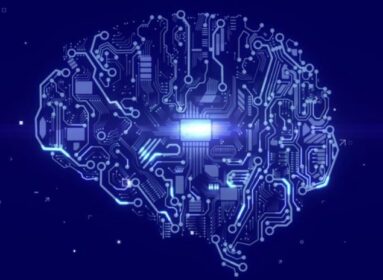



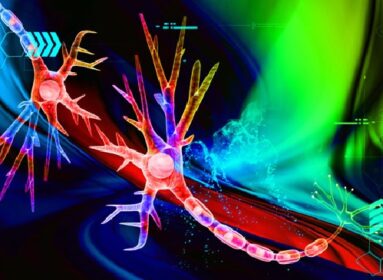




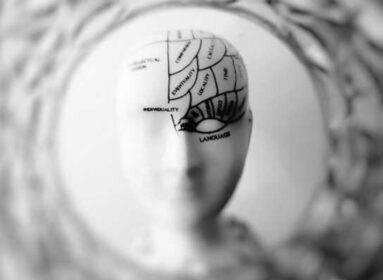








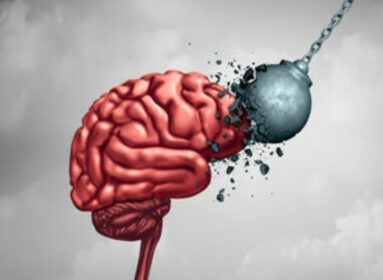
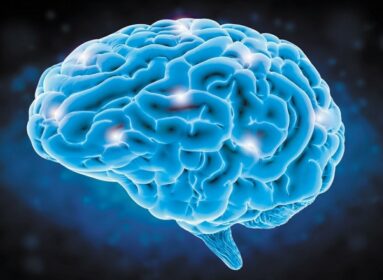




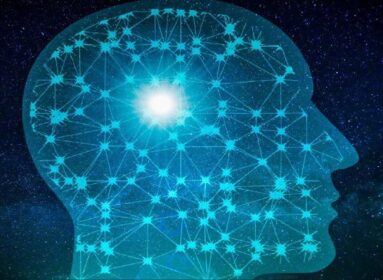
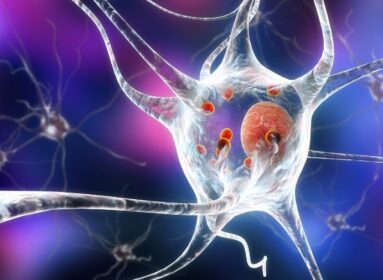

























Comments are closed.